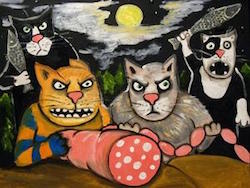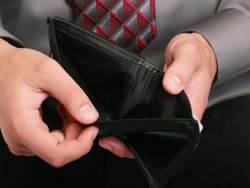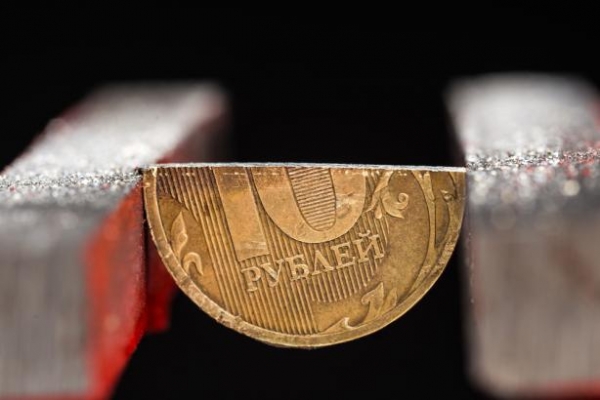
The proportion of Russians who declare the necessity to economize on purchases, not to take loans and take funds from Bank accounts in February increased compared with the previous month.
According to polls, 72% of respondents said that now is a bad time for major purchases (in December 2015 – 63%). The vast majority of respondents – 87% – believe that to borrow now impractical (in December – 81%).
Confidence in banks remains low: the share of those who considers it necessary to put free money into the account, is 34% (in January – 33%), while the number of advising to take the money from the account has reached 43%.
In February to spend the daily income to the maximum recommend 25% of respondents (in January – 28%), while 65% believe the opposite is necessary to reduce costs, maximize saving money for the future.
A poll about how suitable the Russians believe the current time for major purchases and loans, what model of economic behavior is considered the most faithful, was held on February 20-21, among 1.6 thousand people in 130 settlements of Russia.
The leading expert-consultant of the monitoring and research of electoral polls Oleg chernozub said that “for the first time in a long period of observations at the same time has deteriorated all indicators signalling growth factor that j. Keynes called “liquidity preference”. “Russians increasingly prefer “to stay in-the-money”, spending it only on the most extreme necessity, he explained. In turn, this leads to the contraction of effective demand and the slowing of money circulation in the economy. “Liquidity preference” – pronounced Pro-deflationary factor, signaling that the economy is beginning to take shape deflationary risks”.
When economic agents no longer lose money, it can lead to a deflationary spiral, says the sociologist. He explained to “Vedomosti”: the fear of job loss and trying not to spend money, the money circulation in the economy is declining and the share of households, every second ruble of costs. Businesses may not sell products and reduce production, fire workers; population becomes convinced that his fears are true, described the chernozub a spiral arrangement.
The population came to realize that the economy is in crisis. After the panic of the end of 2014 people decide that the worst is over: noting the deterioration of their financial conditions, they believed that the economy was getting better and better. This gap of perception remained until mid-2015. The proportion of economically disadvantaged households increased from 16% at the end of 2014 to 55% in February 2016 ODA. From January 2016, on the contrary, the situation seems to be worse for the Russians than it is.
In General, the society very accurately assesses what is happening, but belatedly, chernozub said. The formation prodeleting happens on extremely unfavorable emotional background: from spring 2015 the proportion of people experiencing negative emotions exceeds the share of optimists. Long term depression is fraught with a reduction in behavioral activity: people try to earn more and to save more.








